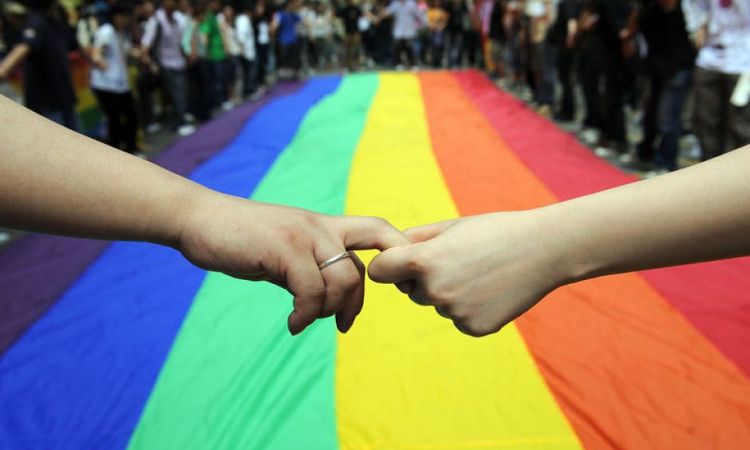The Supreme Court on Wednesday issued notice in a petition filed by a same-sex couple seeking legal recognition of their marriage in India. The petitioners in this case– an Indian national and a Citizen of the United States of America (USA) married and registered their marriage in the USA in 2014 and now seek to register their marriage under the Foreign Marriage Act, 1969. The matter was...

